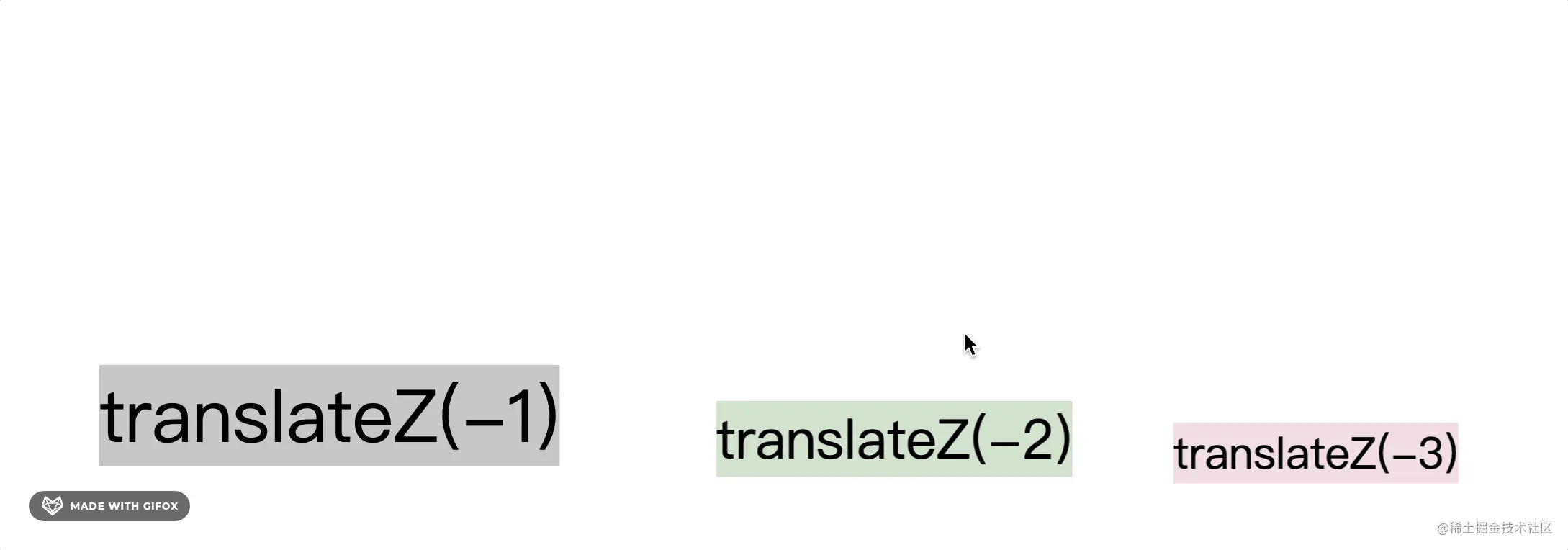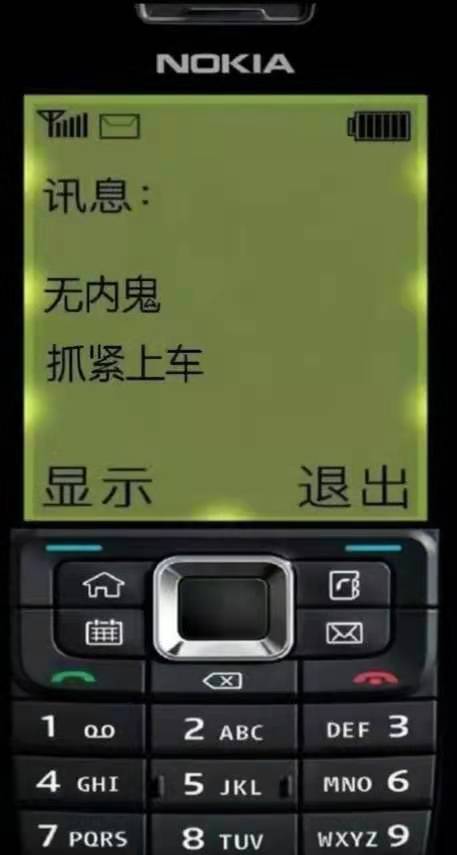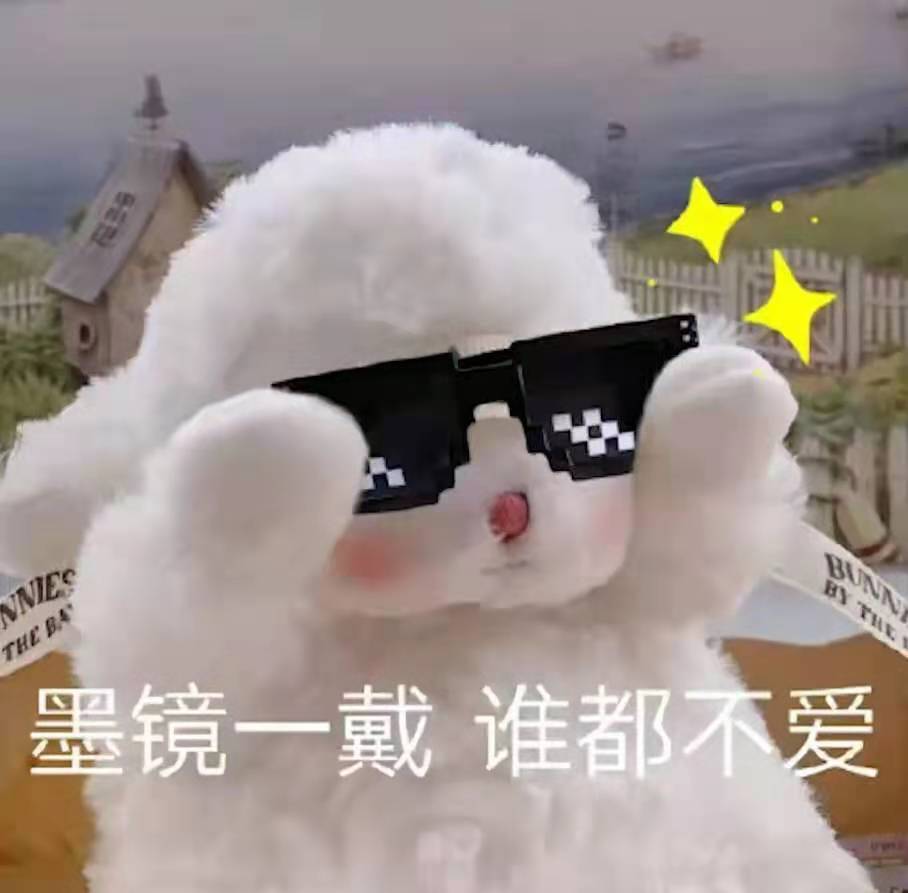- A+
这里给大家分享我在网上总结出来的一些知识,希望对大家有所帮助
最简单的代码,最极致的享受,主打的就是一个炫酷~
滚动视差
滚动视差效果(Parallax Scrolling)是指让多层背景以不同的速度位移,形成立体的运动效果的视觉体验,在前端强交互的时代,更应该多考虑这种用户体验较好的动效~
实现方案
- JS监听浏览器 scroll 事件,不断改变元素位置
- background-attachment属性,将图片位置相对于视口固定
- translateZ()修改元素的缩小比例,使得滚动速度出现差异
JS实现
// html <div class="parallax"> <img src="./images/bc1.png" alt="记录--滚动视差动画和解决方法" id="bc1" /> <img src="./images/bc2.png" alt="记录--滚动视差动画和解决方法" id="bc2" /> <img src="./images/bc3.png" alt="记录--滚动视差动画和解决方法" id="bc3" /> <img src="./images/bc4.png" alt="记录--滚动视差动画和解决方法" id="bc4" /> <img src="./images/bc5.png" alt="记录--滚动视差动画和解决方法" id="bc5" /> <img src="./images/tree.png" alt="记录--滚动视差动画和解决方法" id="tree" /> <h2 id="text">Rolling Parallax</h2> <img src="./images/leaf.png" alt="记录--滚动视差动画和解决方法" id="leaf" /> <img src="./images/plant.png" alt="记录--滚动视差动画和解决方法" id="plant" /> </div> <div class="contentBox"> <h2>Parallax Scrolling</h2> <text class="content"> content... </text> </div> //css @import url("https://fonts.googleapis.com/css?family=Luckiest+Guy"); * { margin: 0; padding: 0; box-sizing: border-box; font-family: "Luckiest Guy", cursive; } body { background: #f9f9f9; min-height: 100vh; overflow-x: hidden; } .parallax { position: relative; display: flex; justify-content: center; align-items: center; height: 100vh; } .parallax img { position: absolute; top: 0; left: 0; width: 100%; pointer-events: none; } #text { position: absolute; font-size: 5em; color: #fff; text-shadow: 2px 2px 4px rgba(0, 0, 0, 0.2); letter-spacing: 10px; } .contentBox { position: relative; background: #003329; padding: 100px; } .contentBox h2 { font-size: 36px; color: #fff; margin-bottom: 10px; letter-spacing: 2px; } .contentBox .content { font-size: 20px; color: #fff; font-weight: 300; line-height: 28px; letter-spacing: 2px; } //js let text = document.getElementById("text"); let leaf = document.getElementById("leaf"); let bc1 = document.getElementById("bc1"); let bc4 = document.getElementById("bc4"); let bc5 = document.getElementById("bc5"); window.addEventListener("scroll", () => { const value = window.scrollY; text.style.marginTop = value * 1.5 + "px"; leaf.style.top = value * -1.5 + "px"; leaf.style.left = value * 1.5 + "px"; bc1.style.top = value * 0.5 + "px"; bc4.style.left = value * -1.5 + "px"; bc5.style.left = value * 1.5 + "px"; });
预览效果如下
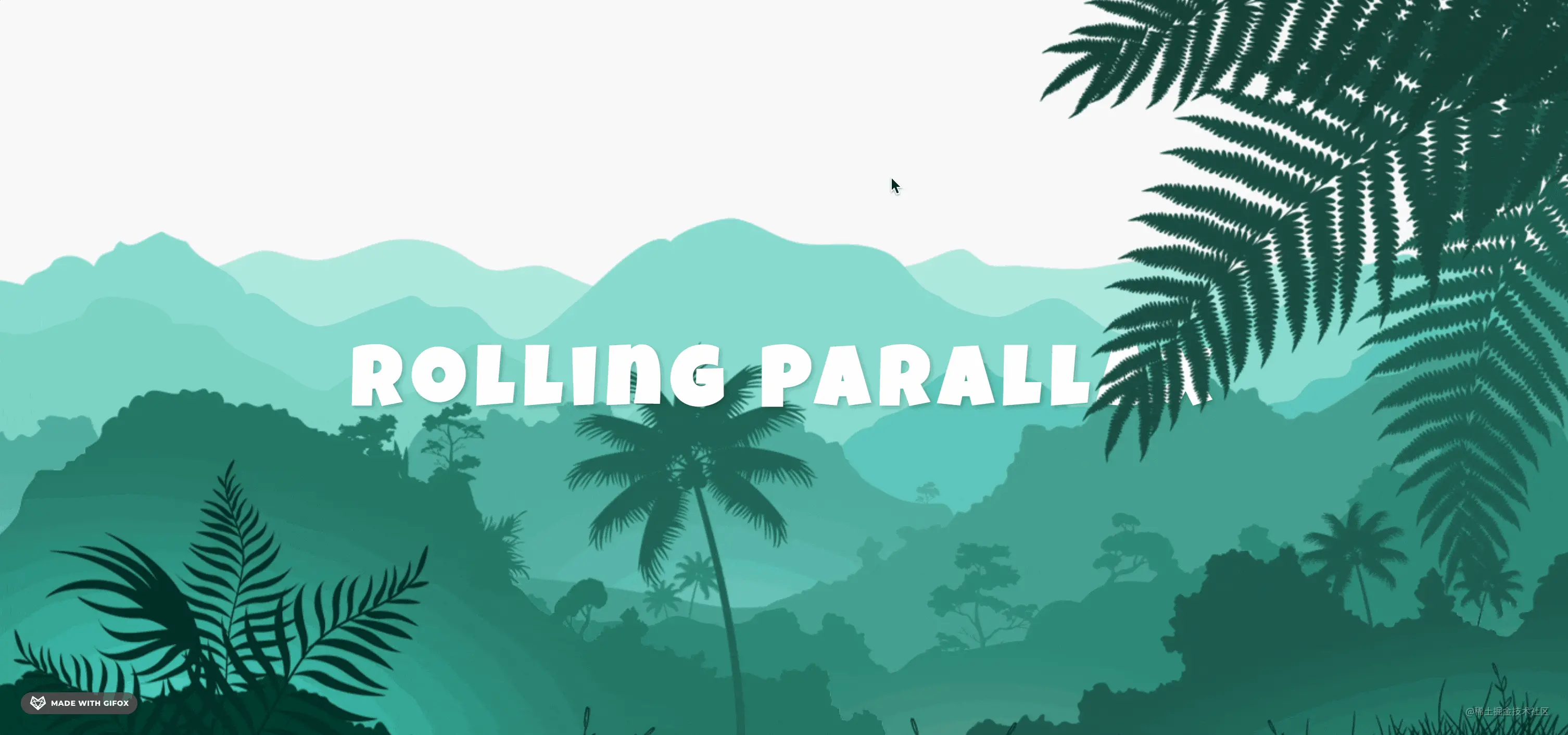
CSS-background-attachment
前置知识
首先 background-attachment 要和 background-image 一起使用才有意义,表示的是背景图像是否固定或者随着页面的其余部分滚动。
background-attachment 有四个可选值:fixed,scroll,local,inherit。
scroll 是该属性的默认值,表示背景图相对于元素固定,简单理解就是两者绑定住了,所以元素滚动了图片也会跟着滚动。
local 表示背景图相对于元素内容固定,而相对于其他滚动条则会滚动。举例来说,假如元素内部设置了overflow:scroll,则元素内部会出现滚动条,此时滚动元素内部滚动条的时候,背景图会随着滚动而滚动。而如果我们设置 background-attachment:scroll ,则背景图会随着元素内部滚动而固定住。
fixed 表示背景图相对于视口固定,无论怎么滚动,元素都岿然不动,如果多个元素都设置了fixed,他们也只会在自己的元素内显示,互不影响。
inherit 只是指定 background-attachment 的设置从父元素继承。
scroll与local的区别
scroll效果如下  local效果如下
local效果如下 
//html <div class="image_1"> <div class="word">Bye bye, Lucia</div> </div> <div class="bg">The best hard are always the bravest</div> <div class="image_2"> <div class="word">All children, except one, grow up</div> </div> <div class="bg">It's better to burn out than to fade away</div> <div class="image_3"> <div class="word">Fading is true while flowering is past</div> </div> <div class="bg">There was no possibility of taking a walk</div> <div class="image_4"> <div class="word">All this happened, more or less</div> </div> //css * { padding: 0; margin: 0; } .image_1 { background-image: url(./images/1.webp); background-position: 0 0; background-attachment: fixed; background-size: cover; height: 680px; width: 100%; } .image_2 { background-image: url(./images/2.jpg); background-position: 0 0; background-attachment: fixed; background-size: cover; height: 680px; width: 100%; } .image_3 { background-image: url(./images/3.jpg); background-position: 0 0; background-attachment: fixed; background-size: cover; height: 680px; width: 100%; } .image_4 { background-image: url(./images/4.jpeg); background-position: 0 0; background-attachment: fixed; background-size: cover; height: 680px; width: 100%; } .word { position: relative; top: 480px; font-size: 55px; color: white; text-align: center; font-weight: bolder; } .bg { text-align: center; font-size: 46px; font-weight: bolder; height: 220px; line-height: 220px; background-color: rgb(131, 134, 204); color: white; }
预览效果如下
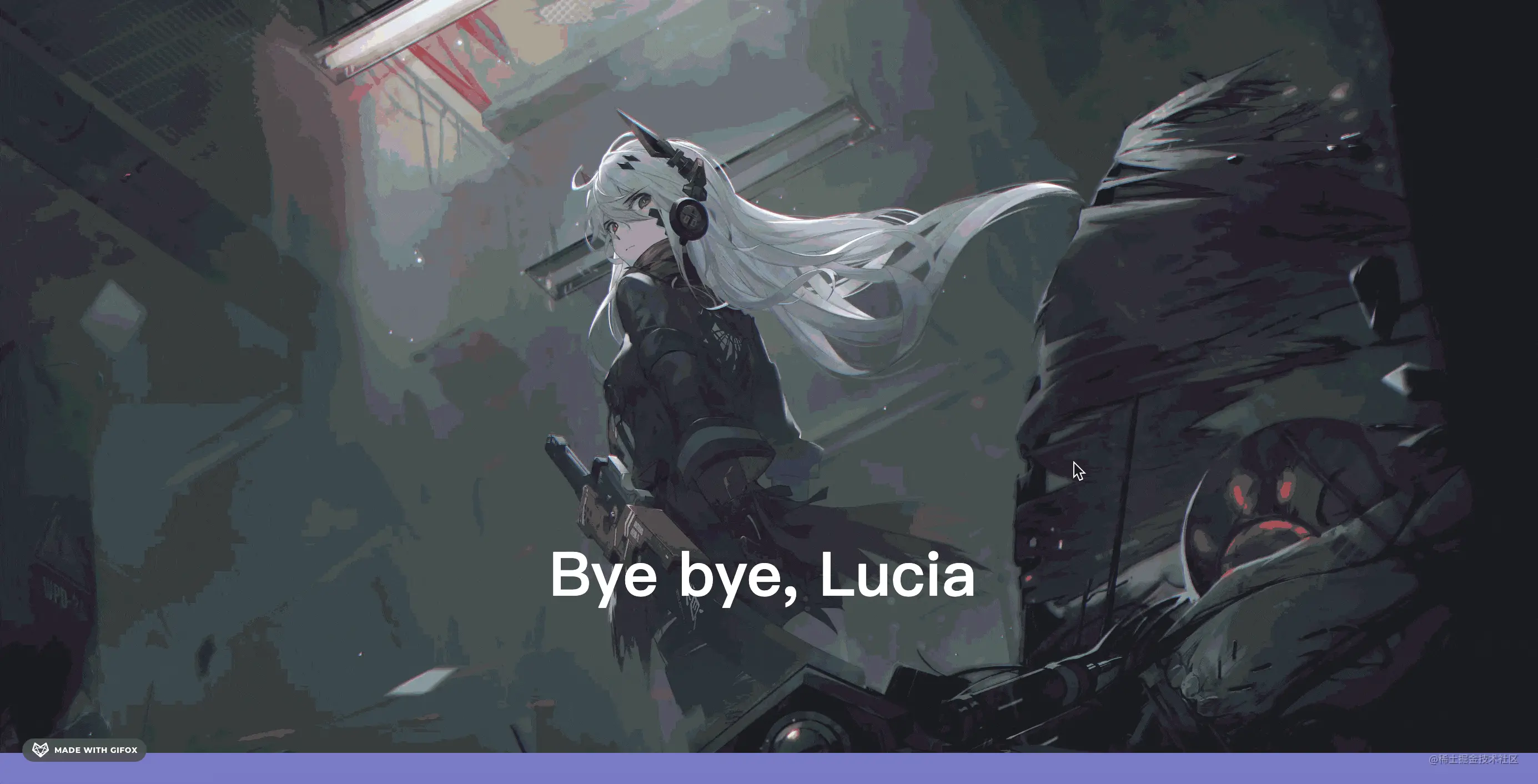
CSS-translateZ
前置知识
transform-style: preserve-3d表示让子元素保留3D转换。
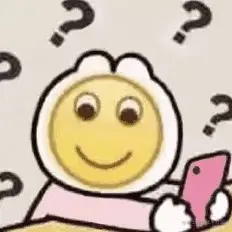
好吧,直接上代码~
//html <div class="wrapper"> <div class="demo"></div> </div> //css body { perspective: 800px; perspective-origin: 250px 300px; } .wrapper { position: relative; left: 200px; top: 100px; height: 480px; width: 60%; background-color: #0ff; transform: rotateY(45deg); /* transform-style: preserve-3d; */ } .demo { height: 100%; background-image: url(./images/3.jpg); background-size: cover; transform: translateZ(100px); }
不加preserve-3d效果
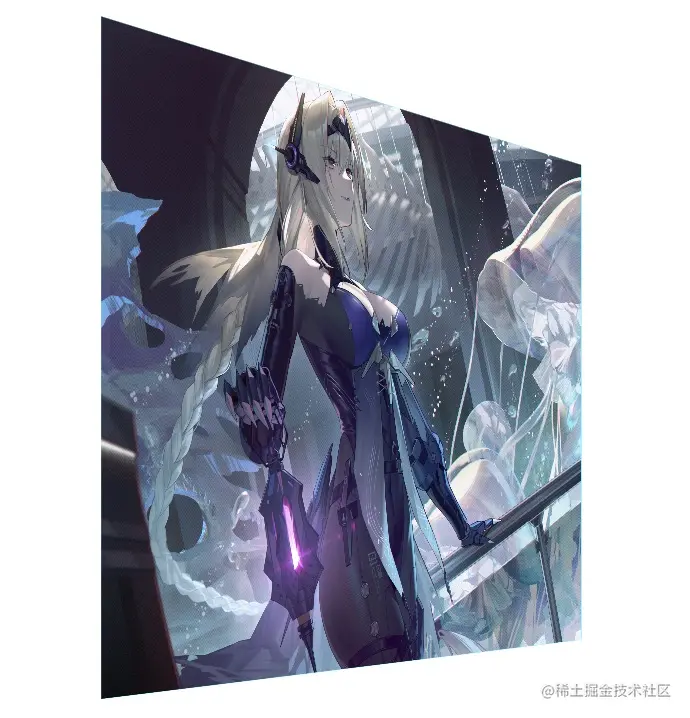
加上preserve-3d效果
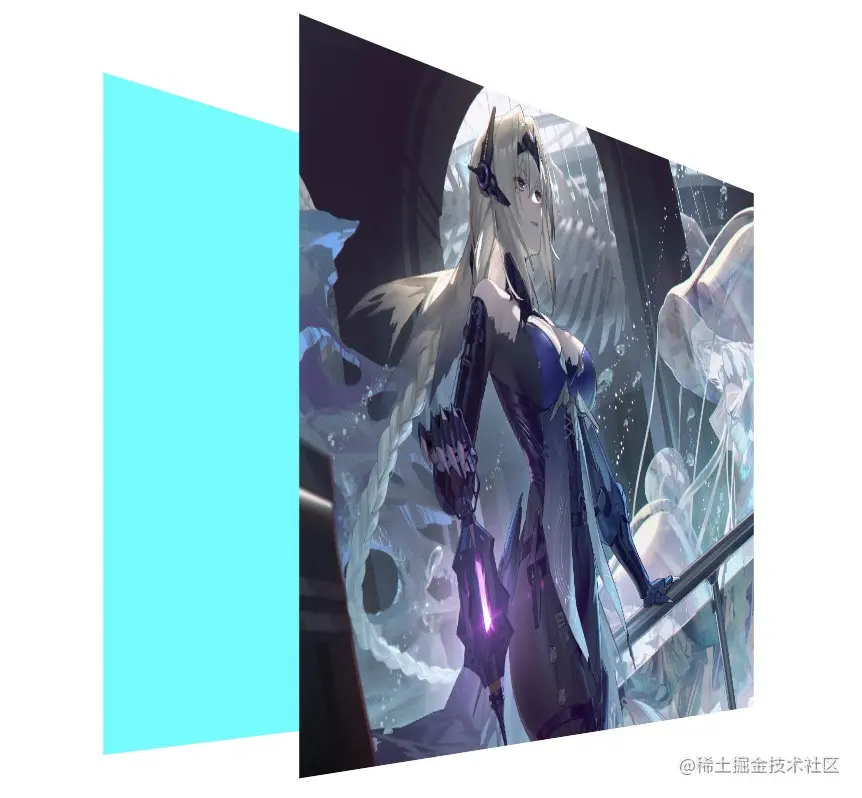
看出差异了吧,有层次了,立体感高高的~
需要注意的是 transform-style: preserve-3d 这个属性加在谁身上,谁的子元素才会有3D效果,比如上面的代码中把属性加在 body 上是没有效果的。
perspective 定义3D元素距视图的距离。
简单来理解,如果我设置了 perspective:500px,则表示我在离屏幕500px远的地方观看这个元素。注意一下官方讲解的 当为元素定义 perspective 属性时,其子元素会获得透视效果,所以我们需要将这个属性设置在父元素上。
加上perspective效果
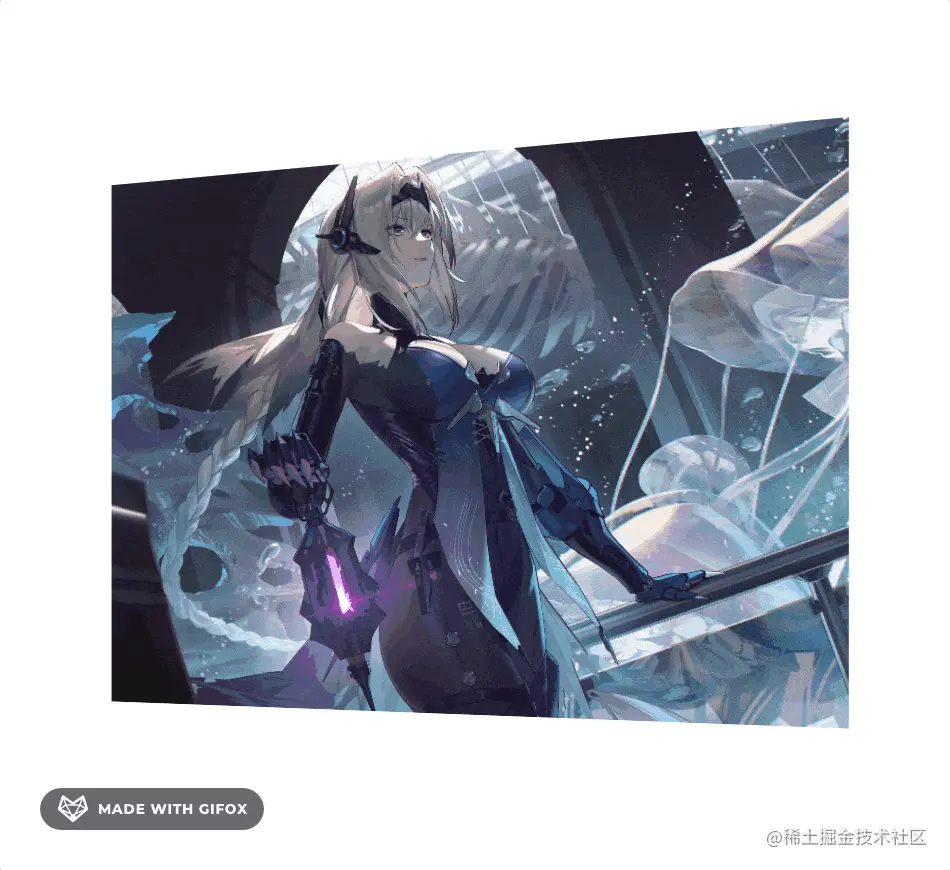
不加perspective效果
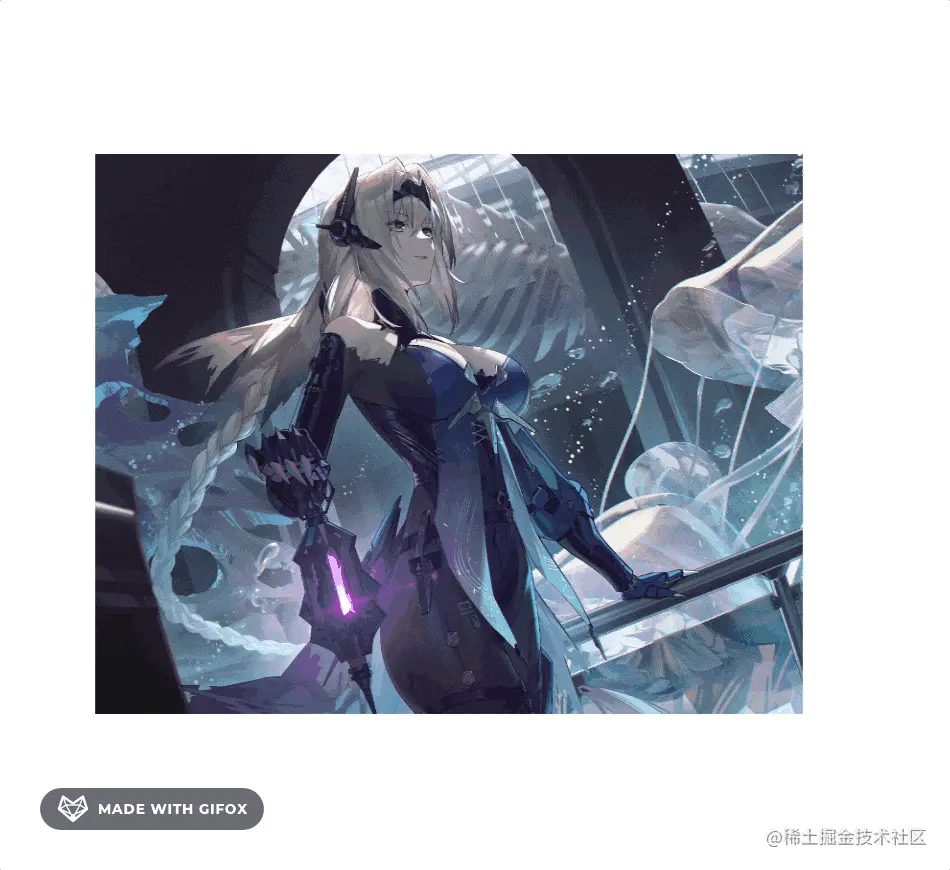
视距 = 距离产生美~
translateZ: 向Z轴平移。
我们现在和屏幕的距离就是Z轴,所以Z轴是朝向我们的,如果translateZ里面的值越大,说明屏幕离我们越近,translateZ里面的值越小,屏幕离我们就越远。
perspective和translateZ的化学反应
这两者有什么区别呢,简单的说就是translateZ是移动图片,perspective是移动人和屏幕的距离。但是当这两者结合起来的时候神奇的事情就会发生~
//html <div class="wrapper"> <div class="demo"></div> </div> //css .wrapper { position: relative; left: 200px; top: 100px; height: 480px; width: 60%; perspective: 800px; } .demo { height: 100%; background-image: url(./images/3.jpg); background-size: cover; transform: translateZ(-100px); }
perspective: 800px的情况
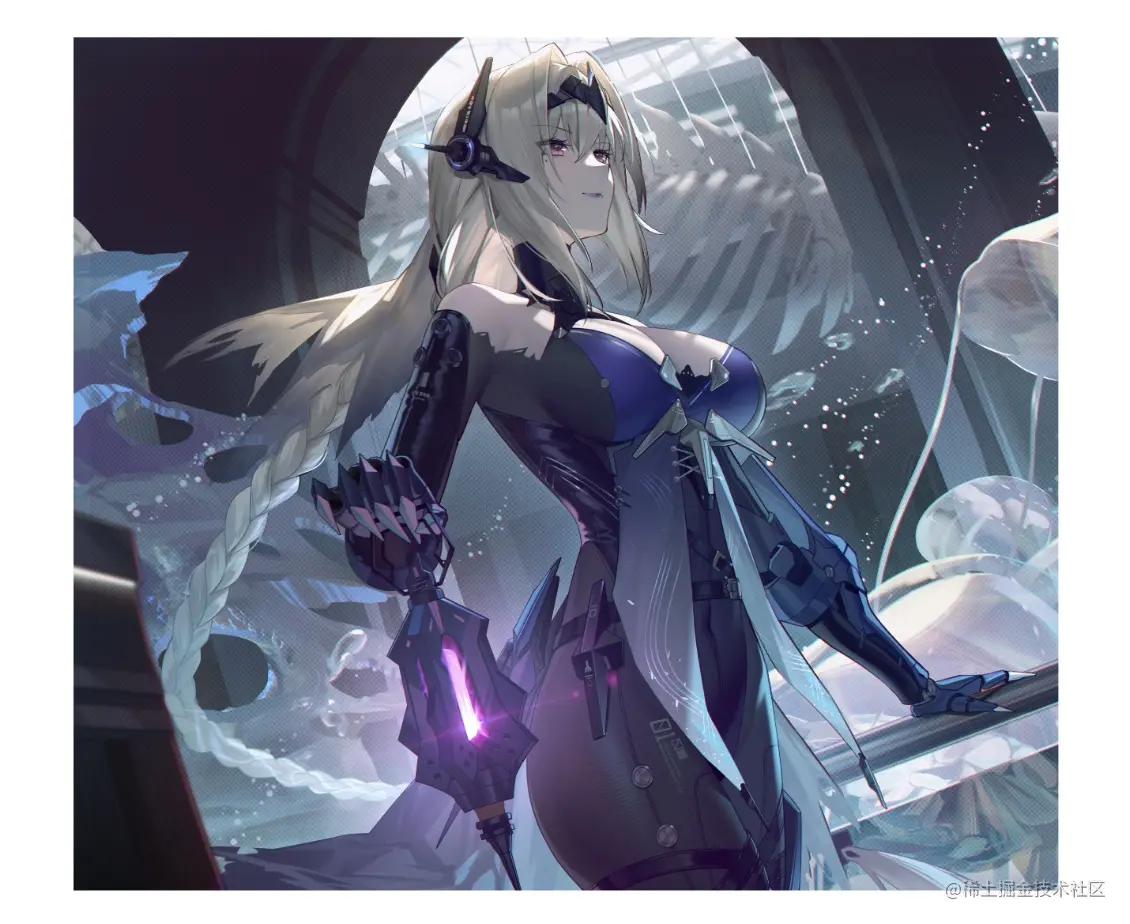
perspective: 100px的情况
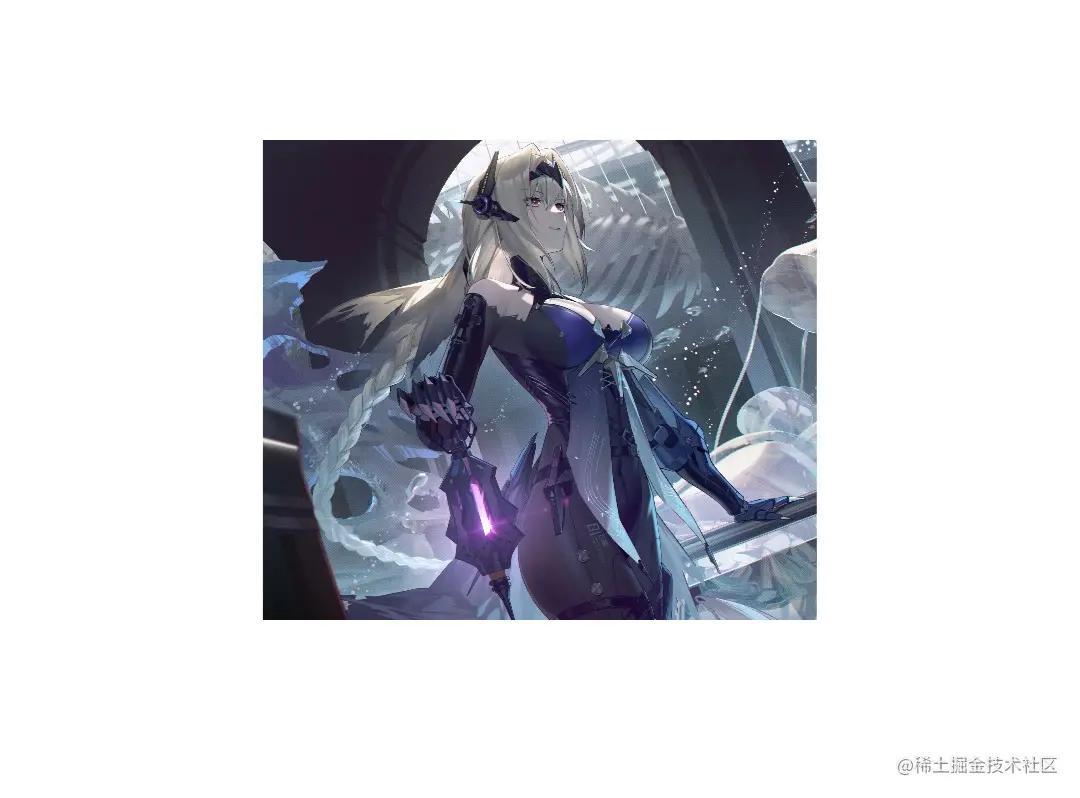
我们把视距调小,图片竟然变小了,按照道理视距越小说明屏幕离我越近,图片应该变大才对。其实,这里我们看到的图片,并不是图片本体,而是图片在屏幕上的投影。
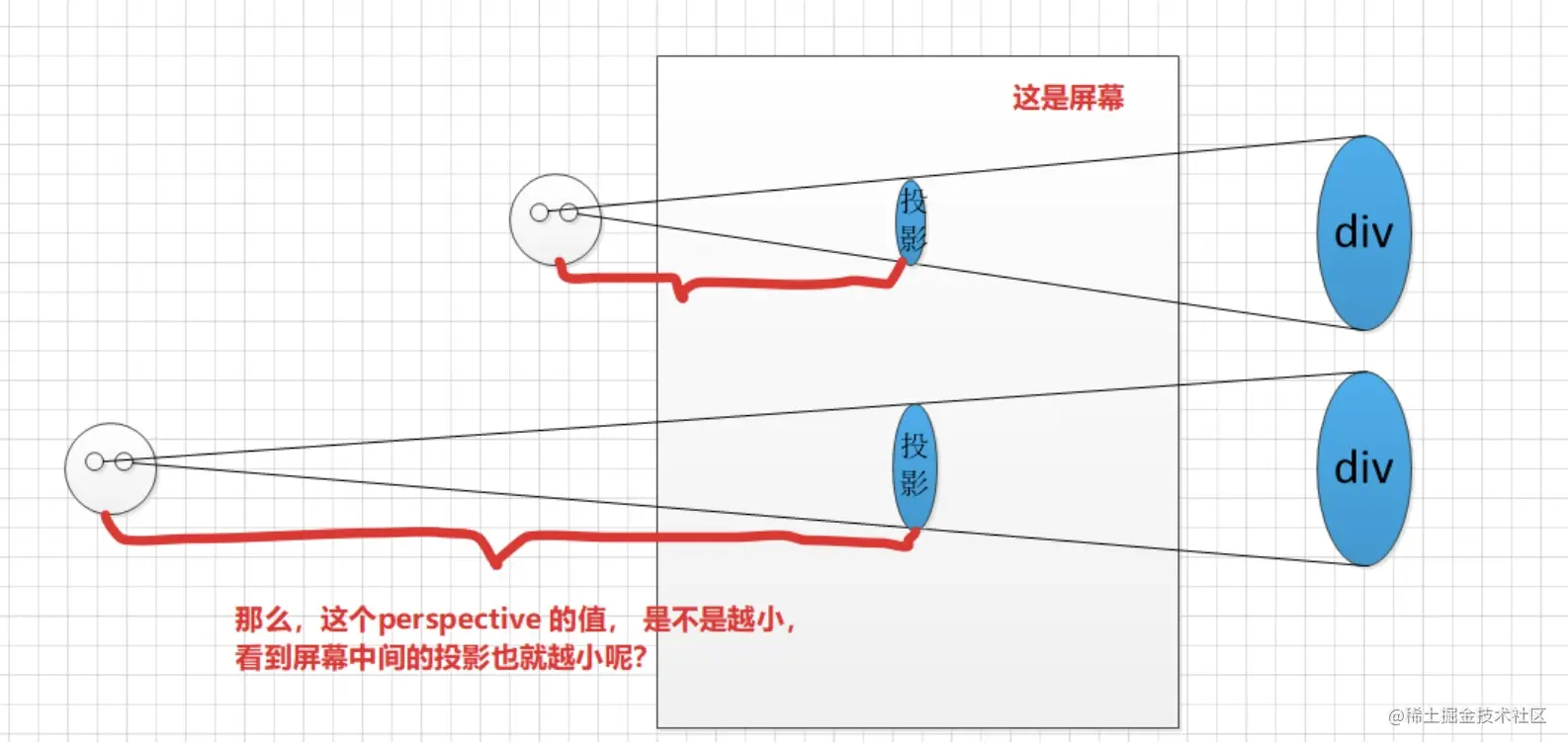
同理,我们去理解translateZ的值变大,图片变大也比较容易了。
translateZ(-100px)的情况
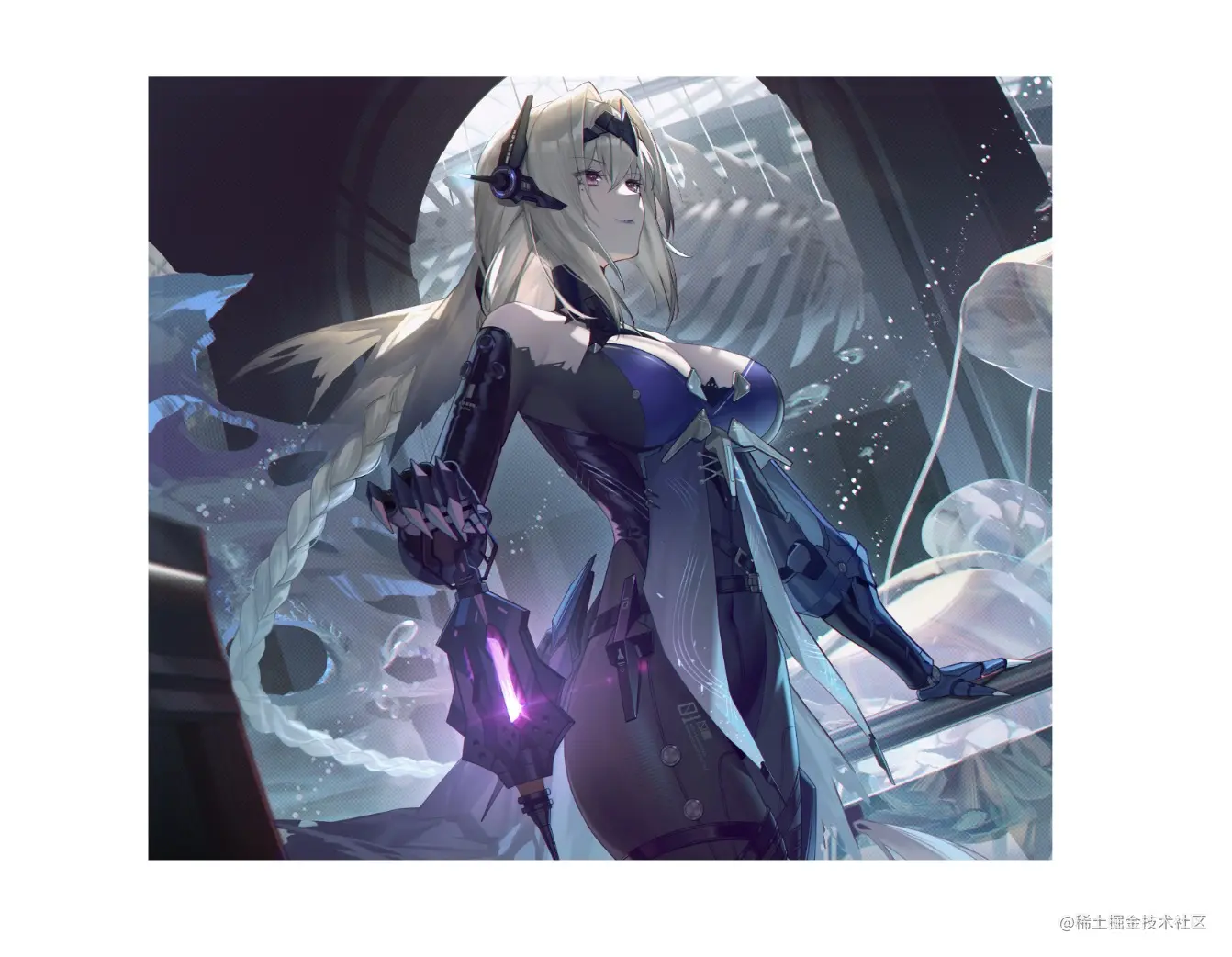
translateZ(-20px)的情况
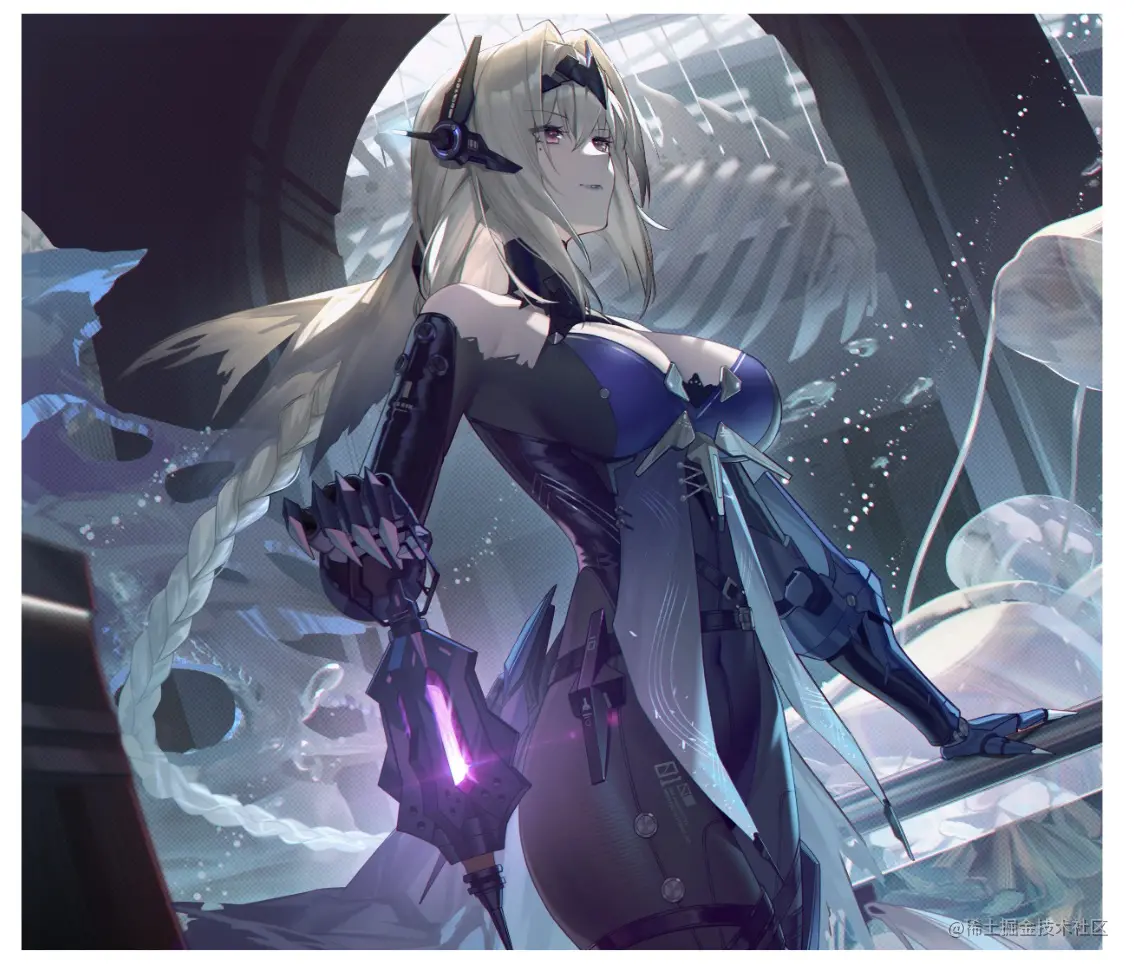
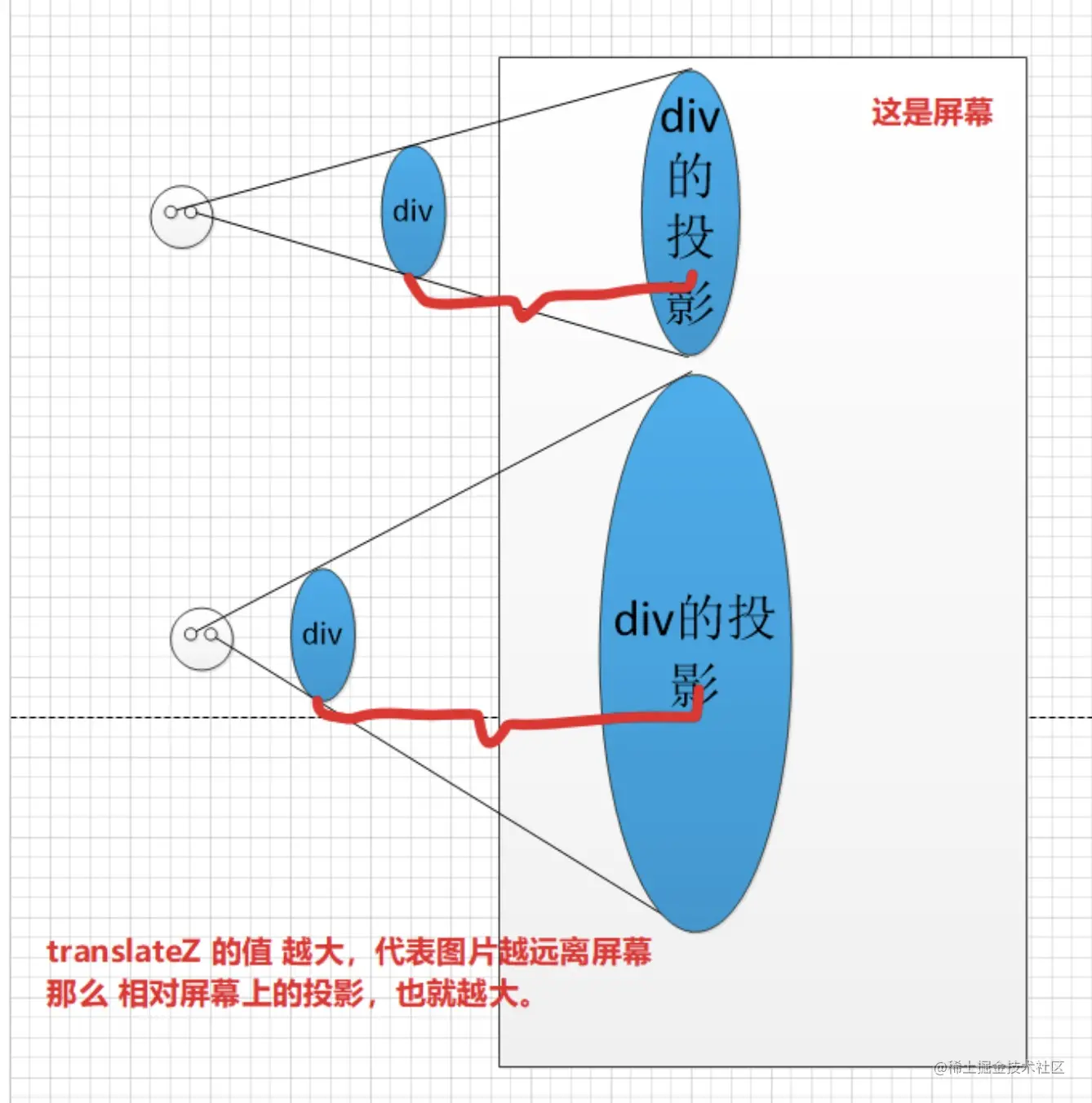
那么只要我们将不同的元素的translateZ设置成不同的负值,那么越大值的元素,它的投影就会越大,滚动速度就会越快,当然这些元素的滚动速度也只有translateZ(0)的几分之一~
//html <div class="g-container"> <div class="section-one">translateZ(-1)</div> <div class="section-two">translateZ(-2)</div> <div class="section-three">translateZ(-3)</div> </div> //css html { height: 100%; overflow: hidden; } body { margin: 0; padding: 0; height: 100%; overflow-y: scroll; overflow-x: hidden; perspective: 2px; } .g-container { position: relative; transform-style: preserve-3d; transform-origin: center center; height: 150%; } .g-container div { font-size: 5vw; position: absolute; top: 20%; } .section-one { left: 0%; background: rgba(10, 10, 10, 0.2); transform: translateZ(-1px); } .section-two { left: 40%; background: rgba(30, 130, 30, 0.2); transform: translateZ(-2px); } .section-three { left: 90%; background: rgba(200, 100, 130, 0.2); transform: translateZ(-3px); }
预览效果如下
